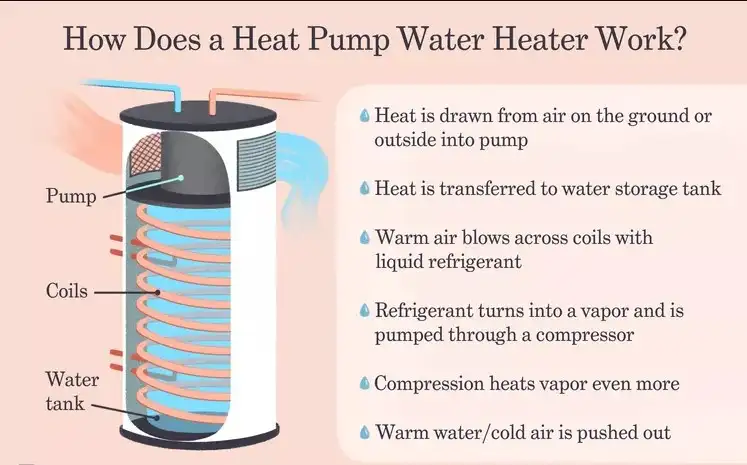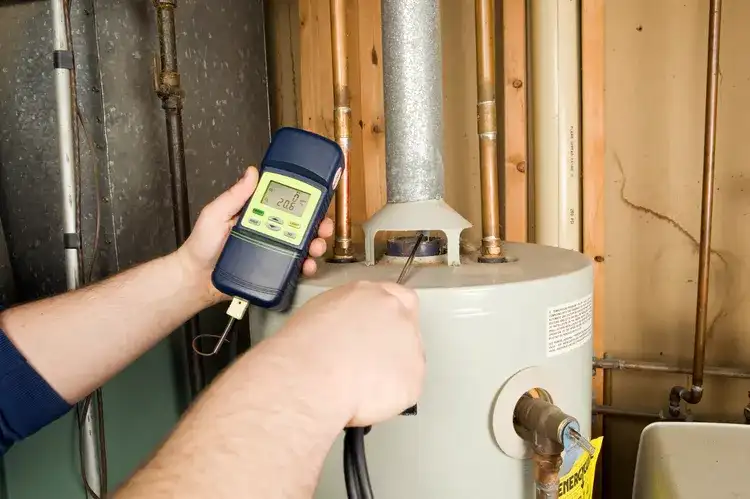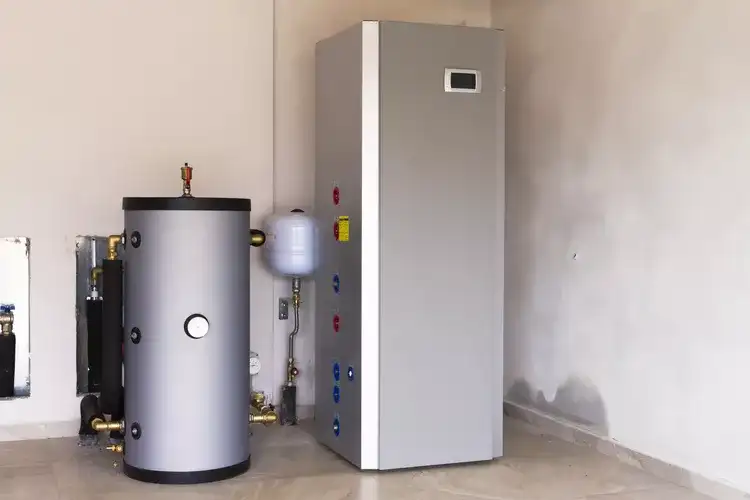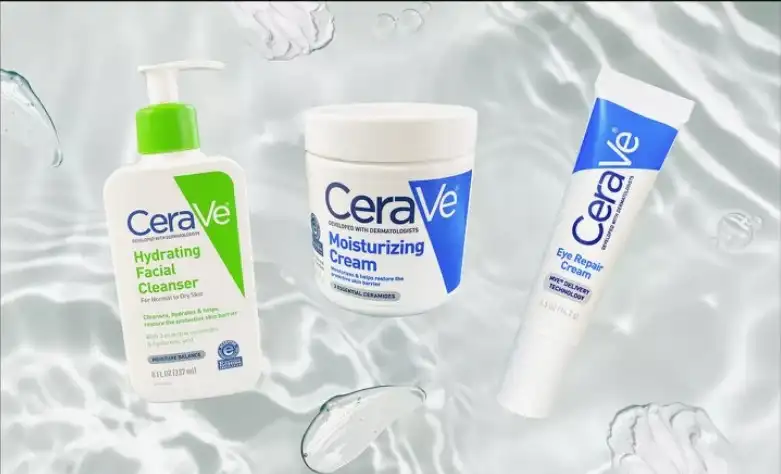What Is a Heat Pump Water Heater?
A heat pump water heater (HPWH) is a modern alternative to gas, oil, propane, or standard electric water heaters. Instead of generating heat directly, it pulls warmth from the surrounding air or ground using an electric-powered heat pump, transferring it into water stored in an insulated tank. This system can be packaged as a single unit or split into a pump and a separate storage tank.
By leveraging the same technology found in energy-efficient heat pump home heating and cooling systems, HPWHs deliver hot water with a fraction of the energy use of traditional water heaters. Their superior efficiency and lower carbon footprint are fueling a surge in popularity, especially as governments introduce incentives and climate concerns rise.

How Heat Pump Water Heaters Work
The core of a HPWH is its heat pump, which uses a refrigeration cycle to move heat rather than generate it. Here’s how it works:
- The heat pump absorbs heat from the air (indoors or outdoors) or ground.
- This heat evaporates a liquid refrigerant inside coils, turning it into a vapor.
- The vapor is compressed, raising its temperature further.
- Heat from the vapor is transferred to water in the storage tank via a heat exchanger.
- The cooled refrigerant returns to start the cycle again.
Many HPWHs are “hybrid” units, including a backup electric resistance heater for periods of high demand. Modern control panels allow you to choose between energy-saving heat pump mode or a faster, but less efficient, hybrid mode.
Key Benefits: Efficiency, Safety, and Sustainability
Choosing a heat pump water heater brings several compelling advantages:
- High Efficiency: ENERGY STAR-certified HPWHs use up to 70% less energy than standard electric models. For a family of four, this can save around $470 per year, adding up to more than $4,500 over the appliance’s lifetime.
- Lower Greenhouse Gas Emissions: HPWHs run on electricity and emit no on-site carbon monoxide or methane. As the grid gets greener, their carbon footprint shrinks even further.
- Increased Safety: No combustion means no risk of gas leaks or carbon monoxide poisoning a leading hazard with gas water heaters.
- Stable Operating Costs: Electricity prices, especially from renewables, are less volatile than fossil fuels, helping to keep bills predictable.
- Dehumidification: Because HPWHs pull heat from the air, they help reduce humidity useful in damp basements.
- Tax Credits and Rebates: Federal programs like the Inflation Reduction Act offer up to $2,000 in tax credits and additional rebates, making HPWHs more affordable.
Potential Drawbacks to Consider
No water heater is perfect. Before switching, consider these possible limitations:
- Upfront Cost: Before rebates, HPWHs can cost $2,300–$3,500, significantly more than basic electric or gas heaters. Incentives can offset this, but plan your budget.
- Performance in Cold Climates: Integrated HPWHs that draw heat from inside air can make rooms colder in winter, raising heating costs. Split units exhaust cold air outdoors, which helps mitigate this issue.
- Slower Water Heating: HPWHs heat water more slowly than gas models. Make sure the tank size matches your peak household demand, or use hybrid mode when needed.
Installation and Smart Energy Use
Professional installation is recommended, as HPWHs require:
- Appropriate electrical service (often 240V)
- Proper water supply connections
- Safe installation of valves, drain lines, and temperature settings
- Space for airflow and, for integrated models, enough room for the unit to operate efficiently
To get the most from your new HPWH:
- Choose an ENERGY STAR-certified unit with a coefficient of performance (COP) of 3.0 or higher.
- Use “vacation mode” to save energy during long absences.
- Install low-flow showerheads and run full dishwasher and laundry loads.
- Wash clothes in cold water when possible.
- Use a high-efficiency washing machine.
- Pace hot water use to avoid triggering backup resistance heating mode.

Frequently Asked Questions
Do heat pump water heaters work in cold climates?
Yes, especially modern split units. Advanced refrigerants and efficient compressors mean many HPWHs can extract heat even at outdoor temperatures as low as -49°C (-56°F). For integrated units, drawing heat from indoor air, performance drops in cold rooms but these are well-suited for heated spaces or warm climates.
How long does a heat pump water heater last?
Most HPWHs last 13–15 years, longer than conventional gas or electric models, which typically last 8–12 years.
Is a Heat Pump Water Heater Right for You?
With unmatched efficiency, lower emissions, and growing financial incentives, heat pump water heaters are a leading option for homes seeking safe, sustainable, and cost-effective hot water. Evaluate your climate, household demand, and installation budget and you may find that an HPWH is a smart upgrade for both your home and the planet.





